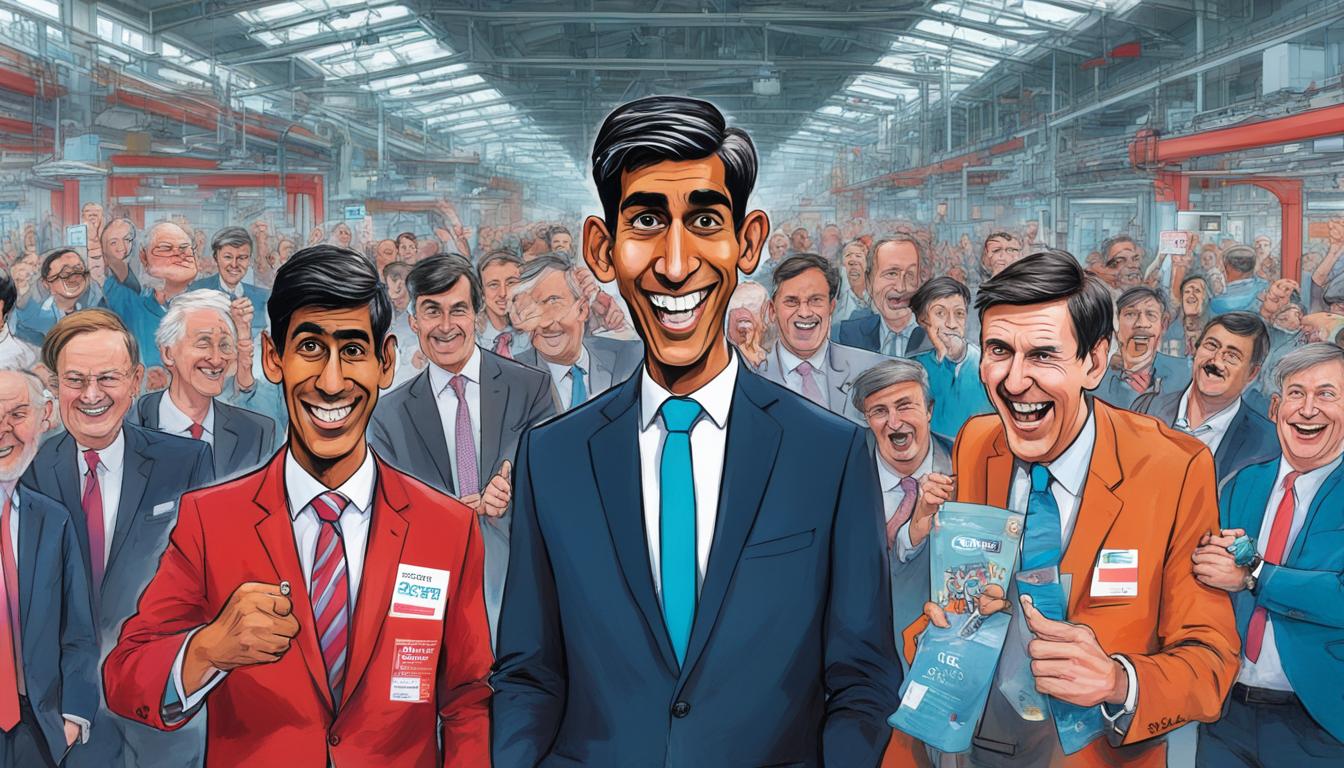The UK economy records a promising growth rate of 0.6% in the first quarter of 2024, emerging as a leader among G7 nations and marking a significant turn from recent economic downturns.
The UK economy demonstrated significant improvement in the first quarter of 2024, recording a growth rate of 0.6%, which is the fastest growth in two years and positions the UK alongside Canada as the fastest-growing G7 nation. This development marks an exit from a recent recession and reflects positively on the government’s economic management under Prime Minister Rishi Sunak.
Following the announcement, Prime Minister Rishi Sunak and Chancellor Jeremy Hunt visited a Siemens Healthineers factory in Oxford to highlight the UK’s economic recovery and the inflow of business investments including a £250 million investment by Siemens in a new Oxfordshire facility. This is expected to create over 1,300 skilled jobs.
Despite this positive turnout, UK Labour Party members, including the Shadow Home Secretary Yvette Cooper and the Shadow Chancellor Rachel Reeves, criticized the government, claiming it is out of touch with the financial struggles of many British households. They argue that despite economic growth, many are financially worse off compared to 14 years ago.
Adding to the commentary, the Bank of England Governor Andrew Bailey noted improvements but emphasized a cautious approach to declaring full economic recovery. He expressed optimism about hitting the inflation target of 2% soon.
Retail, hospitality, and entertainment services were significant contributors to this economic upturn, reflecting an increase in consumer spending. However, challenges remain evident, especially in the construction sector and in per capita economic growth when adjusted for inflation and population numbers.
Political debates surrounding these developments are intensifying as the country approaches its upcoming general election, making economic policy and management a crucial battleground. The ongoing dialogue amongst politicians and economists suggests a mixed outlook on the immediacy of the economic benefits for everyday Britons, despite the overarching economic progress reported by the Office for National Statistics.













